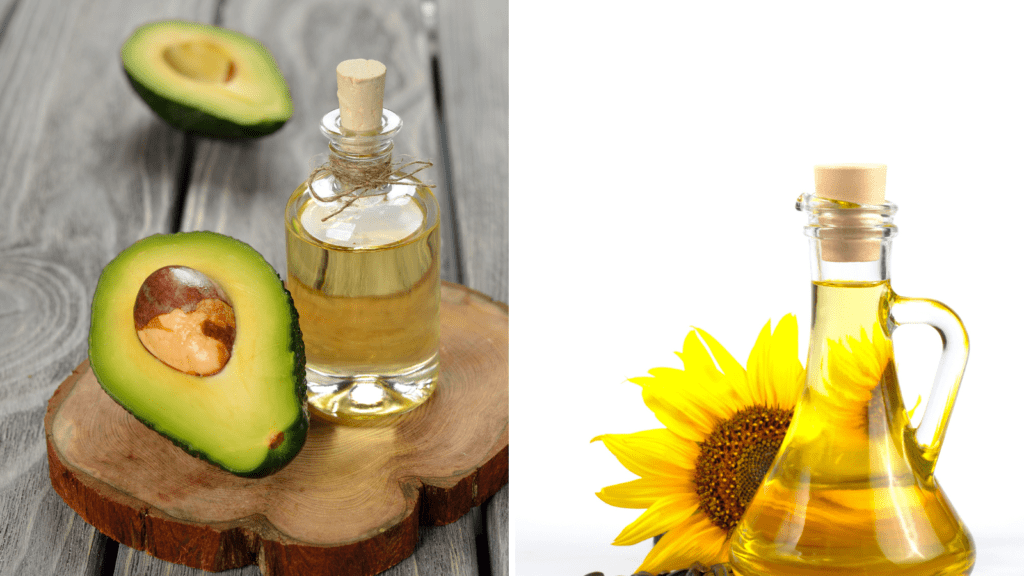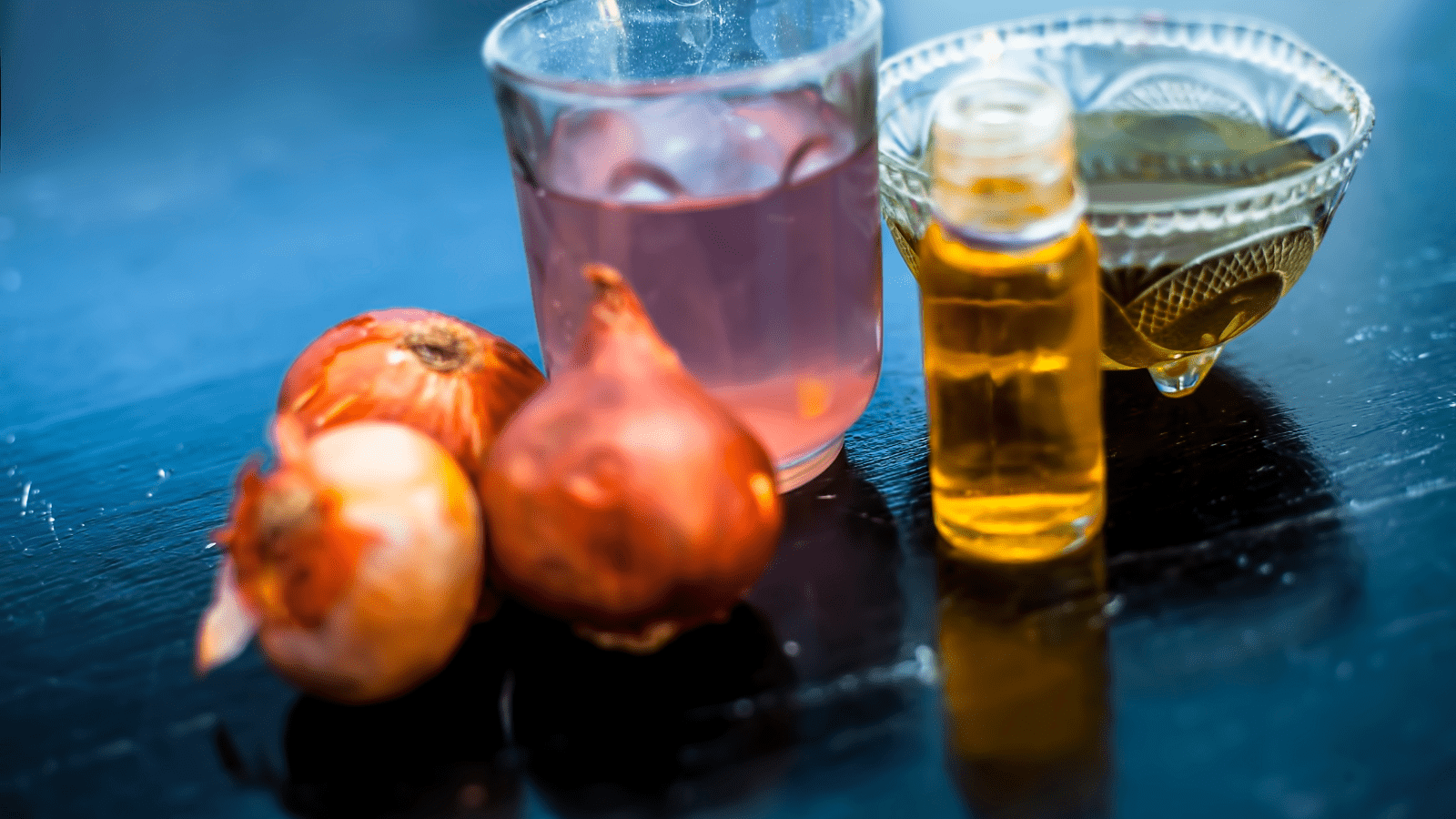How long does caster oil last Castor oil typically has a shelf life of up to 1-2 years if stored properly. Its longevity depends on storage conditions and packaging.
Castor oil, a versatile vegetable oil obtained from the seeds of the Ricinus communis plant, has a range of applications from beauty treatments to health remedies.
Ensuring that castor oil remains potent and effective involves keeping it in an airtight container away from direct sunlight and at a stable temperature.
While its long shelf life is advantageous, it’s important to note that the quality of castor oil can degrade over time. To maximize its lifespan, always store castor oil in a cool, dark place, which helps to maintain its therapeutic properties and prevents rancidity.
Whether used for hair growth, skincare, or medicinal purposes, confirming your castor oil’s freshness is essential for receiving its full benefits.
Remember to check the expiration date and look out for any changes in texture, smell, or color, which can indicate spoilage.
Introduction To Castor Oil
Nourish and heal your body with this ancient elixir. Castor oil, a multi-purpose vegetable oil, comes from castor beans. People trust it for health, beauty, and more. Let’s unveil the secret of its longevity.
Brief History
This potent oil’s journey begins in ancient Egypt. It served as a lamp fuel and in natural remedies. Castor oil’s tale winds through centuries and continents, celebrating a rich heritage of diverse uses.
Common Uses
- Health: A natural laxative for temporary relief.
- Skincare: Hydrates skin, combats blemishes.
- Haircare: Promotes growth, adds shine.
- Industrial: Ingredient in lubricants, paints.
Chemical Composition
Understanding the chemical composition of castor oil reveals why it’s revered in various industries. This natural oil boasts a complex mix of components that contribute to its diverse uses, from pharmaceutical applications to skincare.
Let’s delve into the key components of castor oil and explore how they influence its shelf life.
Key Components
At the heart of castor oil’s benefits lie its unique molecular makeup. Castor oil is predominantly composed of fatty acids, notably ricinoleic acid. This specific acid is rare in the natural world.
- Ricinoleic Acid: About 90% of castor oil’s content
- Linoleic Acid: A polyunsaturated omega-6 fatty acid
- Oleic Acid: A monounsaturated omega-9 fatty acid
- Stearic Acid: Saturated fatty acid found in many plant and animal fats
Properties Affecting Shelf Life
The longevity of castor oil is tied to its chemical properties. Factors like the presence of unsaturated fats, storage conditions, and processing methods play vital roles.
| Property | Effect on Shelf Life |
| Unsaturated Fats | Make oil more prone to rancidity |
| Antioxidants | Extend shelf life by preventing oxidation |
| Storage Conditions | Cool, dark places increase shelf life |
| Processing Method | Cold-pressed oils may retain more nutrients |
Determinants Of Shelf Life
Wondering how long your castor oil will stay fresh? Its shelf life depends on various factors.
Storage Conditions
Let’s uncover how storage affects castor oil’s durability:
- Temperature: Keep it cool but not cold. Extreme heat or cold can spoil the oil faster.
- Light Exposure: Sunlight can degrade castor oil. Store in a dark place.
- Moisture: Water is a no-go. It can cause mold growth and oxidation. Make sure the storage area is dry.
PackPackaging Influenceaging Influence
Packaging plays a pivotal role in prolonging your oil’s life:
| Material | Impact |
| Glass | Colored glass bottles protect from light |
| Plastic | Ensure it’s food grade to avoid chemicals |
| Seals | Tight seals prevent air and contaminants |
Extending Castor Oil’s Lifetime
Preserving castor oil properly ensures it maintains its benefits for longer. Let’s uncover the secrets to extending the shelf life of this versatile oil.
A longer-lasting castor oil means better value and sustained quality over time.

Best Practices For Storage
Storing castor oil correctly is vital for keeping it fresh. Follow these steps
- Keep it cool: Store in a cool, dark place away from light.
- Avoid humidity: Choose a dry area to prevent moisture buildup.
- Air-tight is right: Use a container with a tight seal to prevent oxidation.
- No sharing space: Keep it away from strong scents or chemicals.
These practices will help maintain the oil’s purity and stop it from going rancid prematurely.
How Long Does Caster Oil Last Myths Vs. Facts
| Myth | Fact |
| Castor oil never expires. | It does expire; check the bottle for the date. |
| Refrigeration is a must. | Not necessary, but it can extend freshness. |
| Clear bottles are fine for storage. | Dark glass bottles are better to block light. |
Identifying Spoiled Castor Oil
Identifying Spoiled Castor Oil is crucial to ensure its benefits for beauty and health remain intact. Castor oil, extracted from castor beans, hinges on proper storage for its longevity.
Despite its long shelf life, this oil can go bad. Knowing the telltale signs of rancidity can save your skin and hair from potential harm.
Changes In Texture
Castor oil should have a consistent texture. Over time, exposure to air and light can alter its viscosity. Here’s what to look for:
- Thickness: If the oil turns unusually thick or develops a jelly-like consistency, it’s a sign of spoilage.
- Separation: Oil that separates into layers is past its prime.
- Clarity: Castor oil is naturally clear. Cloudiness indicates contamination.
Odor And Color Alterations
The natural aroma and hue of castor oil are mild. Spoilage introduces noticeable changes:
| Aspect | Fresh Castor Oil | Spoiled Castor Oil |
| Odor | Light, earthy | Sour, unpleasant |
| Color | Pale yellow | Dark yellow or brown |
Stay alert to these cues to determine if your castor oil is still good to use.
Frequently Asked Questions
Can Expired Castor Oil Be Harmful?
Using expired castor oil can be potentially harmful. Over time, the oil can degrade and oxidize. This might cause skin irritation or allergic reactions. Always check the expiration date before use.

